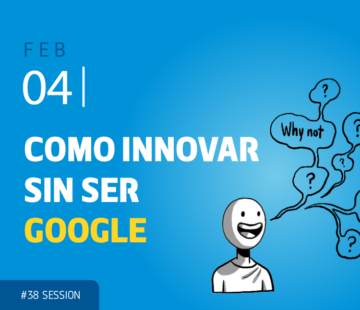Programmable currencies might create new financial incentives to collaborate

Think about a context or an industry in which it would be especially difficult to overcome competition and implement collaboration. You are probably thinking about finance. If you‘ve been more specific, most likely stock markets and Wall Street came to you as a top of mind choice.
Finance is anti-collaborative. Stock trading is competition at its fiercest. As Capitalism theory goes, markets do work because participants are selfishly trying to get the maximum out of them. No one trading stocks is trying to make that market efficient. Efficiency is just a byproduct of players’ selfishness.
But now a combination of a new hedge fund and a cryptocurrency wants to maximize investors’ profits turning Wall Street into a place where everyone could be on the same team and, incidentally, reinvent the financial industry through artificial intelligence, encryption, crowdsourcing, and bitcoin. The idea is based on trying to solve the prisoner’s dilemma: the market would be better off if market participants collaborated, but rationally they don’t. This new configuration of technology and money aims to make collaboration the rational choice, calling into question the premise. Yes, greed is good for markets, but collaboration could be even better.
Overcoming collaboration being irrational
About a year ago, 29-year old South African Richard Craib started running in San Francisco a new hedge fund called Numerai. Well, in fact, he does not run it. Instead, this is done by an artificial intelligence system created collaboratively by several thousand data scientists he even doesn’t know and who are paid in bitcoins rewards by contributing with the most successful predictions and trading models algorithms. Using historical data, Numerai works by paying these data scientist based on how well performed each of the models contributed by anyone.
But now is when it comes the ingenious twist and the innovative approach to encourage collaboration among data scientist in order to make the hedge fund to perform even better. Craib realized it was not good for the system these data scientists get overly competitive, even if rationally they were leaning to be so. The system suffered from some drawbacks born from competition: If just the best scientist win, there is less incentive for others to participate and for fresh talent to get involved. A finite amount of bitcoins given away each week made the reward system a zero-sum game. It was not economically rational to help others to succeed by sharing data or knowledge, even if that meant an improvement for the hedge.
Programming currency to change its holders’ behavior
To solve this, Craib has created Numeraire, a new cryptocurrency that aims to make collaboration compatible with self-interest. One million Numeraires have been distributed so far to 12.000 participating data scientist based on their past performance in Numerai tournaments. But Numeraire is not exactly a currency they can pay anything with but a sort of dividend.
Numeraire’s economic value comes from its use inside Numerai. Data scientist will be able to submit predictions and to stake Numeraire on those forecasts. If the predictions are accurate, the data scientist who staked Numeraire on them will earn money. If poor, their Numeraire will be permanently destroyed. This way, Numeraire becomes an incentive to get everyone else to build the best models possible, because the more the fund grows, the bigger the dividends for all.
It’s still too early to assess Numeraire success in making data scientist to not to look out for themselves rather that to the fund as a whole. Tokens are based in incentive structures and those are not easy to get right. The game theory in which Numeraire is based might not work.
Even some of its investors consider Numerai “an experiment”. But the possibility of using cryptocurrency far beyond just pecuniary transfers as currency turned programmable software in order to change the rules of how money and its holders behave; or make Wall Street work like open software; or transform finance into a positive-sum game instead of a zero-sum one or, in short, make possible a world where citizens have a financial incentive to collaborate, makes well worth to pay a close attention to this initiative and its future developments.
An AI Hedge Fund Created a New Currency to Make Wall Street Work Like Open Source
